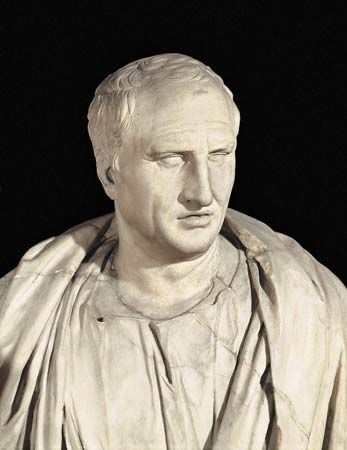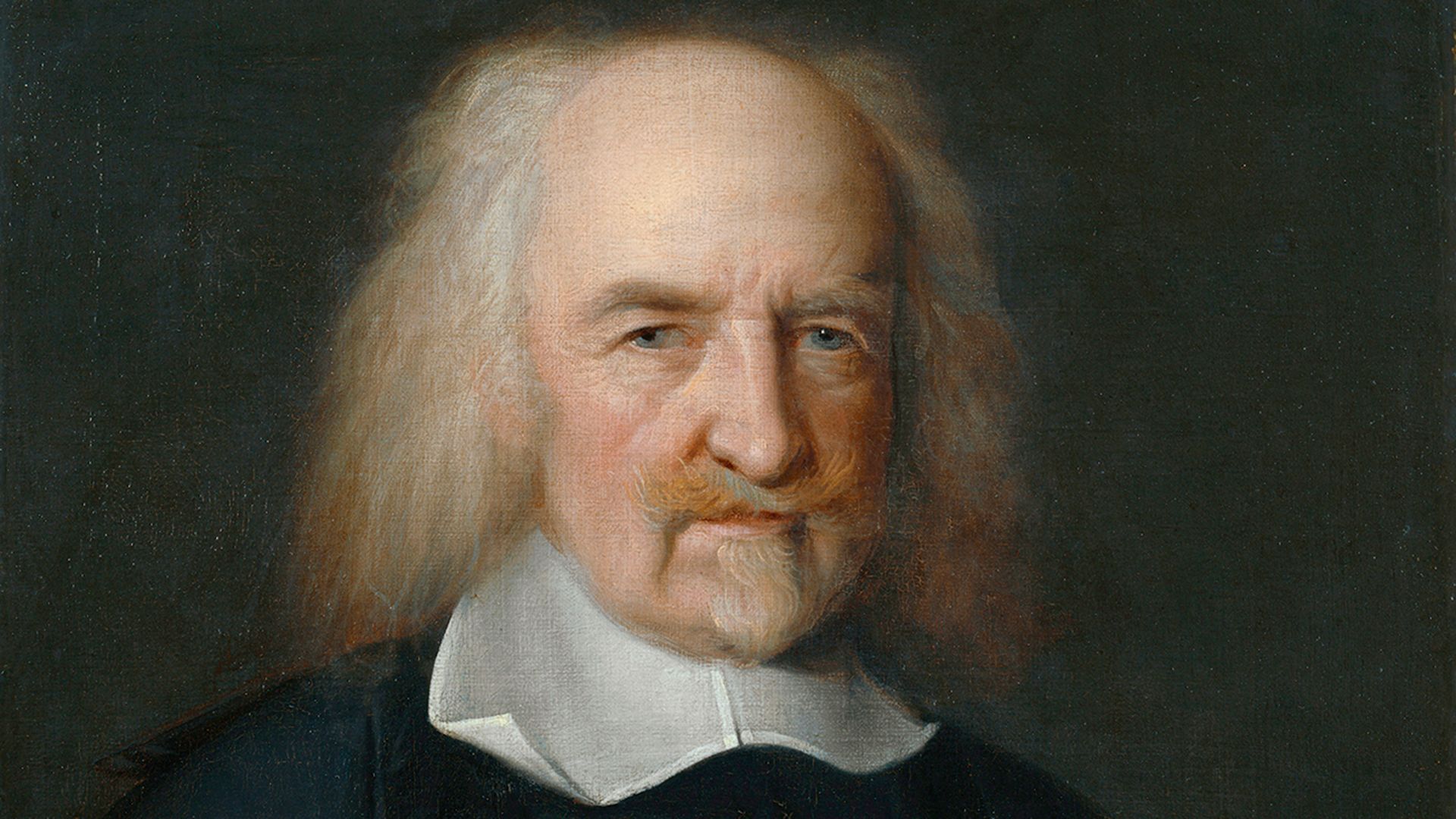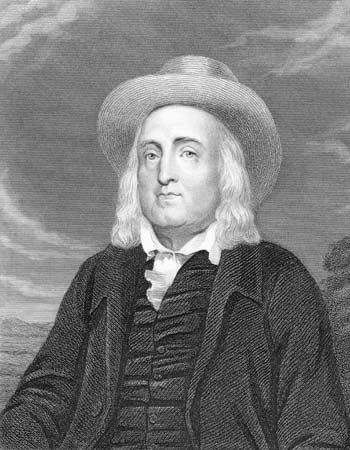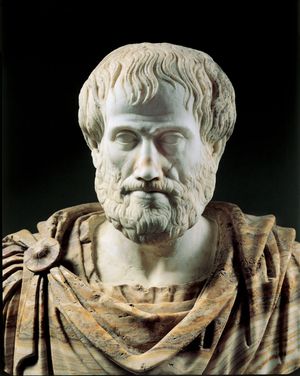philosophy of law
- Also called:
- jurisprudence
philosophy of law, branch of philosophy that investigates the nature of law, especially in its relation to human values, attitudes, practices, and political communities. Traditionally, philosophy of law proceeds by articulating and defending propositions about law that are general and abstract—i.e., that are true not of a specific legal system at a particular time (e.g., the United Kingdom in 1900) but of all legal systems in the present or perhaps of all laws at all times. Philosophy of law often aims to distinguish law from other systems of norms, such as morality (see ethics) or other social conventions. Views about the nature of law often depend upon, and occasionally have contributed to, answers to some of the most-fundamental philosophical questions—for example, regarding the foundations of morality, justice, and rights; the nature of human action and intention; the relations between social practices and values; the nature of knowledge and truth; and the justification of political rule (see political philosophy). The philosophy of law is therefore an integral part of philosophy more generally.
General considerations
Whereas law as a means of governance of human communities dates back to at least 3000 bce in ancient Egypt, sustained and systematic philosophical reflection on its nature for which there is surviving evidence began only in the late 5th century bce in ancient Greece and nearby areas of the Mediterranean, not long after the birth of Western philosophy itself. From that point onward, a more or less continuous history of such reflection can be traced up to the present day. As is true with the history of philosophy more generally, one can observe over the centuries changes not only in the theories set forth but also in the central questions about law that such theories were meant to answer.
Although every philosophical theory is in part a product of the time, place, and culture in which it is developed, the philosophy of law is parochial in an additional sense. Philosophical speculation about the nature of law not only is very often shaped by the politics of the time and place of a given theorist but is also carried on with a specific sort of legal system and legal culture in view. The latter fact is important, as the kinds of legal systems in Europe and the Anglophone world have varied widely through the last several millennia. Although the shape and structure of those systems cannot be discussed in any detail here, it should nonetheless be noted that a robust understanding of each of the major theories and texts in the history of philosophy of law requires some acquaintance with the legal systems of the cities and states in which a given theory was developed. For example, the centrepiece of the legal system of Aristotle’s Athens was a representative legislative body, the Ecclesia, in which a wide variety of political disputes were debated and addressed by statute, while its court system was, though important, very rudimentary by modern standards (it was governed by largely customary procedural rules and administered by ordinary citizens, as there were no judges, lawyers, or other legal professionals during that period). As a result, Aristotle theorized about law primarily on the model of general rules of action enacted by legislation and revisable by direct vote or other plebiscitary means. To take a different example, starting in the 17th century many British (and later other Anglophone) philosophers of law argued for the central importance of judicial institutions for the very existence of a legal system and debated the idea of legal reasoning as a distinct sort of deliberative activity. More recently, increasing attention has been paid to the related question of how the language of the law is to be correctly interpreted. Some theorists, beginning in the early 20th century, even found it fruitful to think about the nature of law primarily from the point of view of legal professionals such as judges or lawyers. That development is surely to be at least partly explained by the fact that those theorists reflected on law almost exclusively within advanced common law systems—i.e., those legal systems found throughout the Anglophone world (and now beyond) in which specially trained lawyers argue on behalf of the interests of clients in court and elsewhere and in which judges often play a quasi-legislative role in fashioning legal rules in the form of precedents, which are binding on later courts for the purposes of deciding future cases.
Ancient Greece
The abstract concept of law is acknowledged, though not discussed, in the poems of Homer and Hesiod in the 8th–7th century bce. In the Greek histories and literature of the 6th and 5th centuries bce, however, one finds the first articulation of ideas about law that have had enduring influence in the West: that law is a kind of command or prohibition with regard to what its subjects ought to do and that law is often accompanied by at least the threat of punishment or coercion by the state. Herodotus (born about 484 bce), in his History of the Greco-Persian Wars, records a Spartan king remarking to the king of Persia that the Greeks “are free, yet not wholly free; law is their master, whom they fear much more than your men fear you. They do whatever it bids.” The historian Xenophon (c. 430–c. 350 bce) relates in his Memorabilia a likely apocryphal conversation between a young Alcibiades and his guardian, the great Athenian statesman Pericles, in which the latter declares that “whatever the sovereign power of the state, having deliberated, enacts and directs to be done is known as law” and denies that mere compulsion exerted by a tyrant is sufficient to qualify as law. The great dramatist Sophocles, in his tragedy Antigone, first made salient the important idea that the requirements of law and morality may conflict. In the play, King Creon orders the body of Antigone’s brother to remain unburied as a posthumous punishment for treason. Out of familial duty, Antigone flouts the order and buries the body, thereby herself risking punishment by death. She rejects the king’s legal authority, saying that even he “could not override the unwritten and unfailing laws given us by the gods.”
But it is Plato (428/427–348/347 bce), writing during the decline of the Athenian empire, who was the first to advance philosophical claims about the nature of law. The relevant Greek term, nomos, varied widely in meaning across contexts, often referring simply to convention or practice. But by Plato’s time it had acquired the more-specific sense of a statute or a proclaimed or written directive that established a standard for human action. In his dialogue Crito, Plato fictionally cast his teacher, Socrates, imprisoned and sentenced to death (for impiety and corrupting the young), as faced with a choice between accepting the death penalty and escaping, thereby disobeying the law. In the dialogue Socrates makes the provocative argument, on behalf of the laws of Athens, that since he has received the benefits and protections of living under law for his entire life and has never left the city out of protest, he is obligated either to obey its laws or to persuade the state that they should not be enforced against him. Since he has failed (at his trial) in the latter task, he must respect the laws by obeying their commands, regardless of their content.
Plato’s dialogue Crito is the origin of several enduring ideas in the philosophy of law, such as that the law by nature claims authority over its subjects and that the very relationship between law and its subjects somehow gives rise to an obligation of obedience. Plato’s later work makes scattered reference to law but fails to articulate a robust philosophy of law in the modern sense; what is thought to be his last work, Laws, contains many specific proposals for reforming the laws of his time but curiously fails to grapple with broader philosophical questions.
A generation later, Plato’s student Aristotle (384–322 bce) gave more-systematic expression to a number of influential ideas about law. Aristotle famously said that humans are “political animals,” meaning that they naturally organize themselves into distinct sorts of communities, the largest of which is the city, or city-state (in Greek, the polis). Cities are characterized by their politeia, a word that is often translated as “constitution” but in fact refers to any general way in which a large human community may organize itself. Law, Aristotle said, is “a sort of order” and thus provides a comprehensive framework of rules and institutions through which a society is constituted. A law (e.g., a statute) is by nature universal in form: it is a standard of conduct that applies generally, in respect of both the classes of persons and the types of conduct it governs. Because of its universal nature, a law can sometimes fail to apply, or apply only indeterminately, to a novel case unforeseen by the legislator. The problem here, Aristotle said, is not in the law or in the lack of foresight by the lawmaker but rather in the “nature of the case.” In such cases, what is required is a corrective exercise he called “equity,” which involves speculating about how the deficient law would have applied had the lawmaker considered the novel case and then applying the law accordingly.
Aristotle was also the first to articulate what has come to be known as the ideal of the rule of law. He shared the common Greek view that, as a general principle, law had a share in eternal divine wisdom. As such, it was an instrument by which to constrain the exercise of political power, particularly that of tyrants, whose policies represented only their own interests and not the good of the community. On the (even by then) age-old debate as to whether the best law or the best person should rule a city, Aristotle’s position was clear: “He who asks law to rule is asking God and intelligence and no others to rule, while he who asks for the rule of a human being is importing a wild beast too.…Law is intelligence without appetite.”















